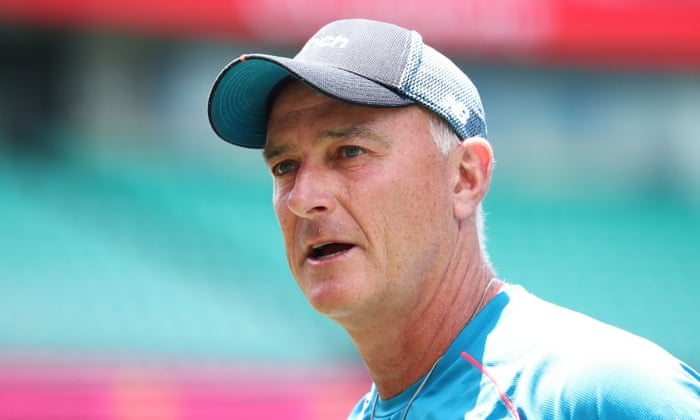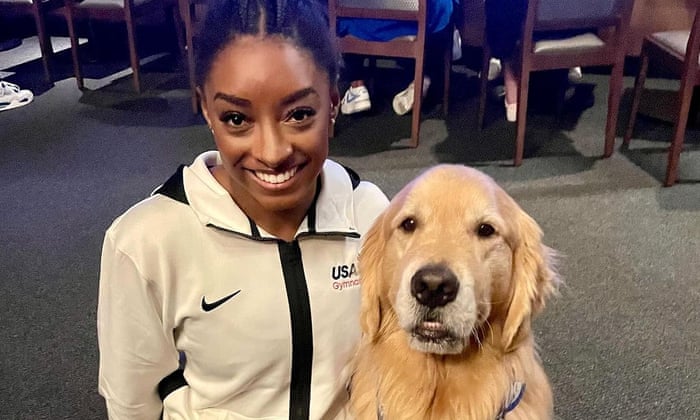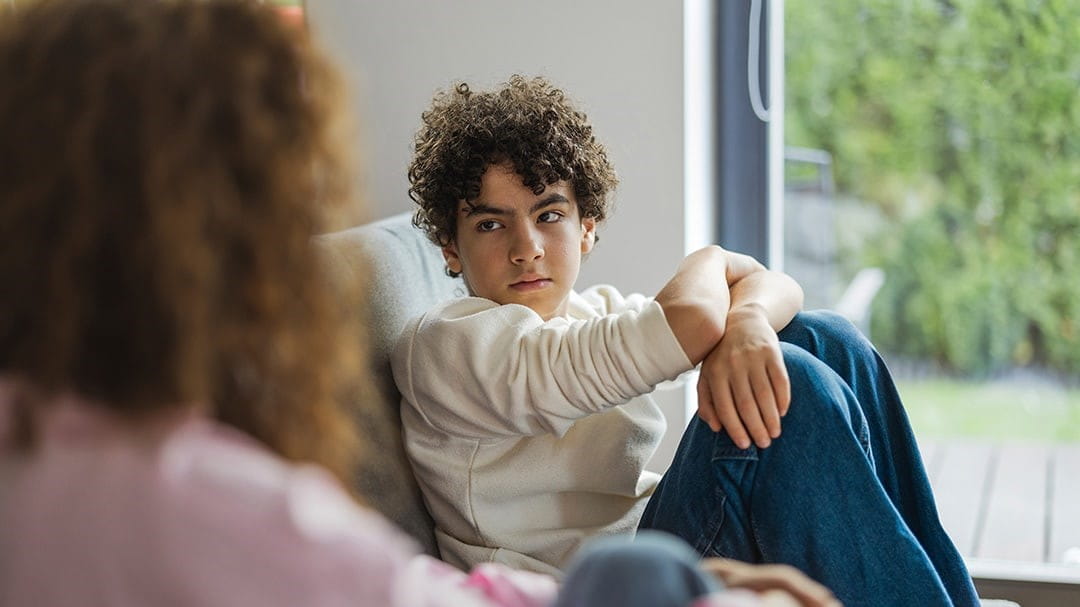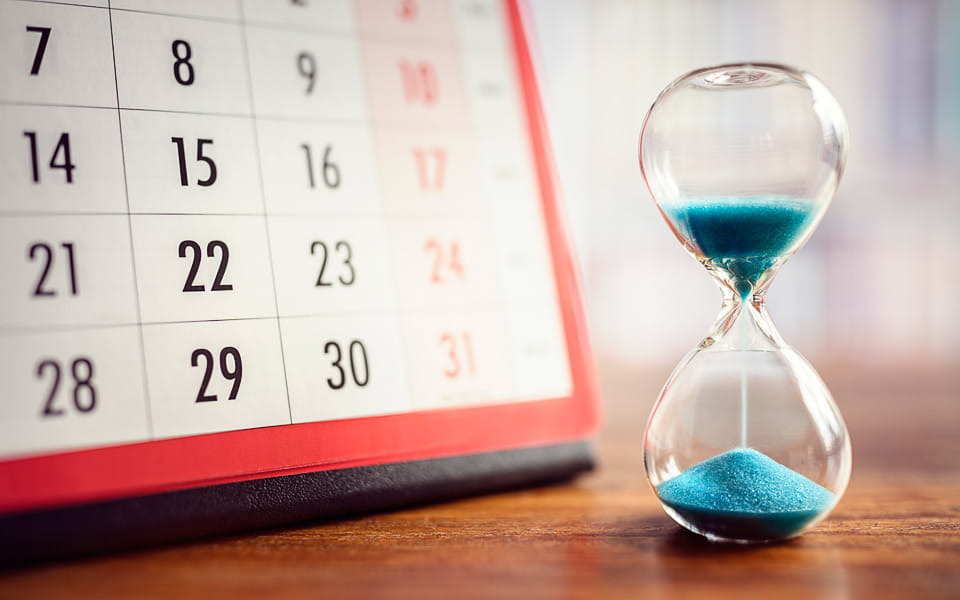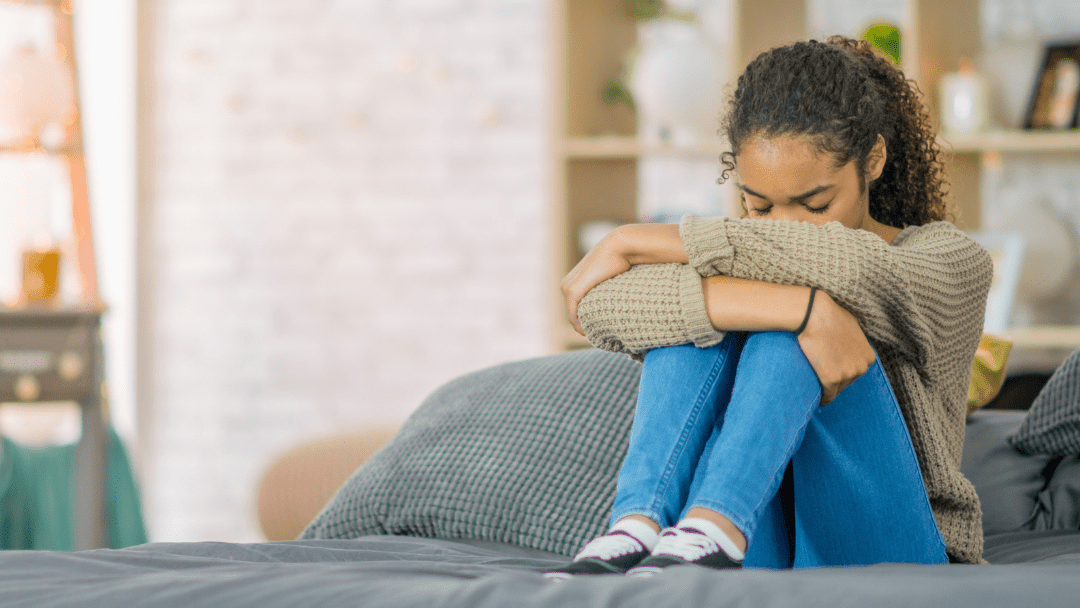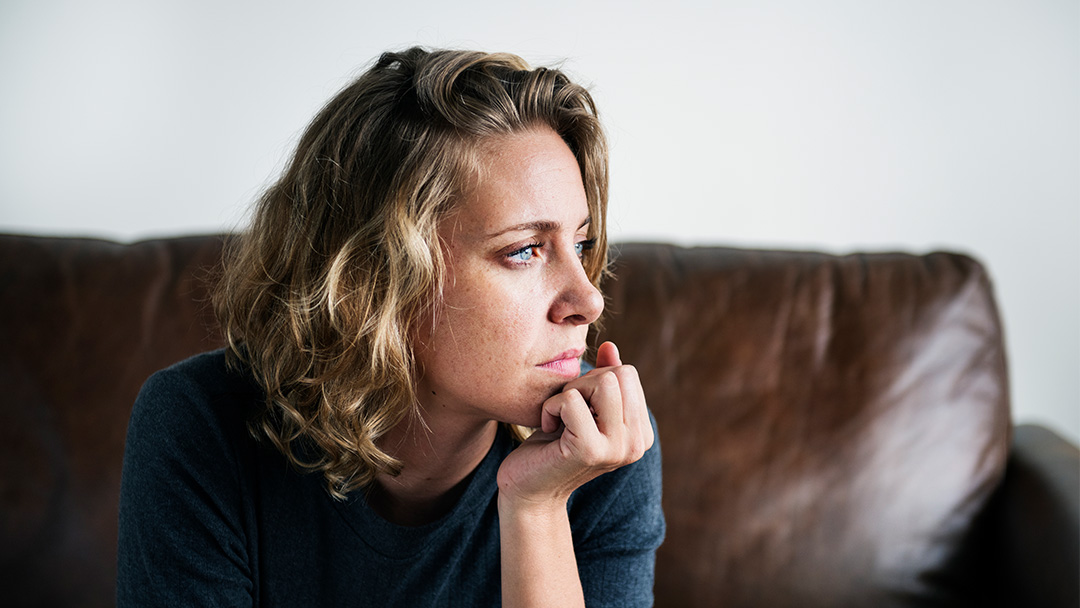
Social media has reworked {our relationships} with our family and friends, introduced unfiltered information from all over the world to our handsets and launched us to an endless provide of cat memes. A few of this has been optimistic, some adverse and, for a lot of it, the jury remains to be out. However as the primary era of social media natives begin to have kids of their very own, there may be growing unease about tech’s impression on kids. These considerations prompted Australia to go laws final November banning entry to social media for under-16s.
“So many issues are occurring without delay,” says Sonia Livingstone, professor of social psychology on the London College of Economics and a specialist in kids and social media. “We clearly have a silent downside of fogeys at residence battling social media and feeling unsupported. We have now a small variety of dad and mom whose kids have come to severe hurt, or died, who’ve turn out to be mobilised. We have now politicians apprehensive about complaints of their constituencies and likewise in search of a excellent news story in gloomy occasions. And now we have massive tech outrunning regulation in all instructions.” It’s a good storm, she says, into which dialogue of an outright ban on social media for under-16s has come as a supposed saviour.
The UK authorities has twisted itself right into a torturous place: Peter Kyle, the expertise secretary, mentioned final November {that a} ban was “on the desk”, earlier than then telling the Guardian it was “not on the playing cards” for now. In January, he mentioned: “I don’t have any plans to ban social media for under-16s.”
Whereas the UK authorities appears to be deciding {that a} ban just isn’t for them, some massive names have signalled their help. Microsoft co-founder Invoice Gates lately mentioned of Australia’s ban, “There’s a very good probability that that’s a sensible factor”. The UK’s head of counter-terrorism policing mentioned a ban “warrants severe consideration”. Chris Philp, the shadow residence secretary, has mentioned he’s “broadly in favour” of a ban, however the age restrict could possibly be decrease than 16.
“There’s an enormous quantity of battle and uncertainty on this planet,” says Livingstone. “And social media appears the fixable downside.” However is banning entry the reply?
How may social media bans work?
The brand new Australian regulation says that social media networks must take “affordable steps” to forestall these below 16 from having an account when the regulation comes into power in December this 12 months.
What this implies in apply just isn’t absolutely fleshed out, however an explanatory memorandum advised {that a} minimal degree ought to put in place “age assurance” tech, which could embrace facial recognition and age estimation. Such expertise is commonly provided as the answer to figuring out somebody’s age, nevertheless it stays an estimate – and could be unsuitable. The common hole between what one among these techniques believes somebody’s age to be and their precise age can differ between one and three years. Which may be a small margin of error for a 45-year-old, however in case you are an 18-year-old pupil and the pc says you’re 15 so can’t be a part of social media along with your college buddies, that’s irritating.
Would a ban really work?
A latest Extra In Frequent ballot discovered that three-quarters of the general public would help a ban on social media for under-16s, up from the present minimal age of 13 when kids can legally entry platforms. Many will probably be dad and mom at their wit’s finish as they wrestle to maintain their kids protected on-line. “Social media has no place for youngsters below 16,” says Vicky Borman, a mom of three kids, one among whom is below the age of 16. “It exposes them to a myriad of unacceptable content material, together with pornography, nudity, bullying and harassment, that they merely aren’t geared up to deal with.”
Typical of many dad and mom, Borman is in favour of a ban. “It’s time for us to reclaim childhood for our children, making certain they’ve the chance to create lasting recollections away from screens,” she says.
But even these pushing most publicly for one thing to be accomplished don’t consider an outright ban on kids accessing social media is the reply. Andy Burrows is the CEO of the Molly Rose Basis, arrange by the household of Molly Russell, the 14-year-old who took her personal life after being bombarded with negativity on social media. “The truth is that if we pull up the drawbridge on social media platforms, these dangerous actors gained’t disappear,” he says. “They are going to merely migrate to gaming and messaging providers, and the chance could be that the quantity of hurt on these platforms then turns into unmanageable.”
Sonia Livingstone additionally has doubts. “A ban makes an awesome headline and appears easy, nevertheless it isn’t,” she says. “A ban is supposed to be a ban on expertise corporations making problematic merchandise accessible to kids, and it in a short time turns into a ban on kids accessing expertise.”
What protections exist in the intervening time, and the way efficient are they judged to be?
There are at the moment protections for youngster customers of social media – many put in place and managed by the social media platforms – for instance, that customers ought to be over 13. “However they’re not very clear or steady,” says Livingstone. Most corporations tag accounts they think are run by kids youthful than 13 and put child-safety options on them, similar to limits on who can message them or the kind of content material they’ll encounter. However it’s not clear they work, says Livingstone, who usually talks to kids as a part of her analysis. They are saying they nonetheless obtain message requests from grownup customers.
“There are some protections, however completely not sufficient,” says Livingstone. “And till the [UK’s] On-line Security Act and the [EU’s] Digital Providers Act kick in, we’re a good distance from getting these algorithmic protections folks actually need.” (Whereas the legal guidelines have been handed, enforcement by regulators, similar to Ofcom within the UK, remains to be months away.) Burrows agrees on the UK entrance. “The prime minister ought to be urgently prioritising, strengthening and fixing the On-line Security Act, so it really works far more successfully for youngsters,” he says.
What’s the proof that under-16 social media use is dangerous?
In the event you learn US social scientist Jonathan Haidt’s e book The Anxious Technology – which has been on the New York Occasions bestseller listing for 46 weeks – there may be quite a lot of proof that it’s dangerous. The e book is a compelling manifesto warning concerning the polluting impression of social media and tech on our youngsters’ minds.
We all know blanket bans have a tendency to not work, are usually circumvented by teenagers – however really feel like they’re the correct factor to do


